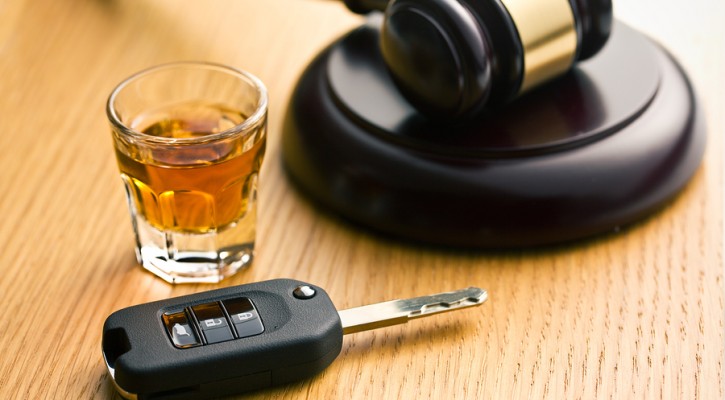
MADD Opposes Proposed Florida DUI Bills
March 25, 2015
Mothers Against Drunk Driving ( MADD ) has come out in opposition to two bills that are currently under consideration by the Florida legislature. The proposed bills, HB 1117 and SB 1192, if passed, would authorize Florida courts to order a transdermal monitoring device or treatment program in lieu of ignition interlock device for certain DUI offenders. MADD feels that these bills, if passed, would weaken rather than strengthen Florida’s DUI laws.
Last year, under the general transportation bill passed and signed by the governor, the Florida legislature gave judges the authority to require ignition interlock systems for certain, first time DUI offenders. Before passage of that bill, interlock devices could only be ordered for someone convicted of a second or subsequent DUI offense.
Ignition interlock devices, when installed in a DUI offender’s vehicle, require the driver to blow into a device that measures alcohol content. If alcohol is detected, the vehicle will not start.
Transdermal devices are worn by the offender either as a wrist or ankle bracelet and they determine whether or not the wearer has been drinking by measuring the alcohol content in their perspiration. If the presence of alcohol is detected, a signal is sent to law enforcement authorities or parole officers. For anyone who has been ordered by the court to completely abstain from the use of alcohol, the transdermal device is an effective tool for ensuring compliance with the court’s order.
MADD’s issue with the bills under question is that the only thing the transdermal device will do is notify authorities that the offender has been drinking; it won’t prevent the offender from driving a vehicle while drunk. If the transdermal device was the only device used, it would require an immediate response from the police or parole officers to find and prevent the offender from getting into a vehicle. That’s not very likely.
MADD feels that the transdermal device would be an effective tool along with an ignition interlock device but it should not be an either/or option for the Florida courts.
According to the Centers for Disease Control and Prevention (CDC), interlocks have been shown to reduce repeat offenses by 67 percent. States that have all-offender interlock laws in place have seen a reduction in drunk driving deaths of up to 45 percent. Currently, 24 laws have these laws already in place and MADD is pushing for laws in all 50 states to make ignition interlock devices mandatory for all first time DUI offenders.
If you agree with MADD that these bills should not be passed contact your Florida State representatives.
